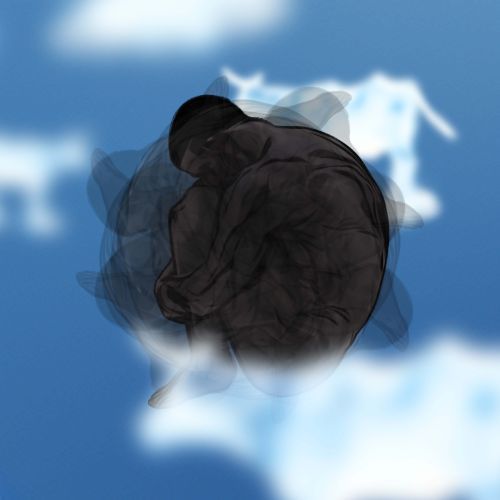Israel – Palestine crisis and international reactions
According to former Israeli Prime Minister Ja’ir Lapid, Turkish President Recep Tayyip Erdoğan’s support for Hamas is a “disgrace” to the country, and it will take a long time to improve Israeli-Turkish relations. Relations between these countries have never been stable as they competed for regional dominance. However, there was a significant rapprochement before the recent tragic events in the Middle East. Both countries committed to cooperation in energy, planning joint drilling in the Eastern Mediterranean and building energy transmission networks to Europe.
Greek Prime Minister Kiriakos Mitsotakis also criticised Erdoğan for his support for Hamas. Greece is trying to get closer to Israel by acting against Turkey and, at the same time, is not willing to influence the dialogue with the Turkish authorities aimed at stabilising bilateral relations. In recent years, Greece and Turkey have faced severe tensions for their maritime borders, but a few months ago, both sides decided to calm the situation and return to diplomatic talks.
South Africa has decided to recall all its diplomats from Tel Aviv following intensive Israeli airstrikes on the Gaza Strip. The South African government has long supported the Palestinians in their conflict with Israel. The African National Congress (ANC), which is in power in South Africa, often links the Palestinian struggle with the fight against apartheid in its own country. Chad, Chile and Colombia have already recalled their diplomats from Israel.


























